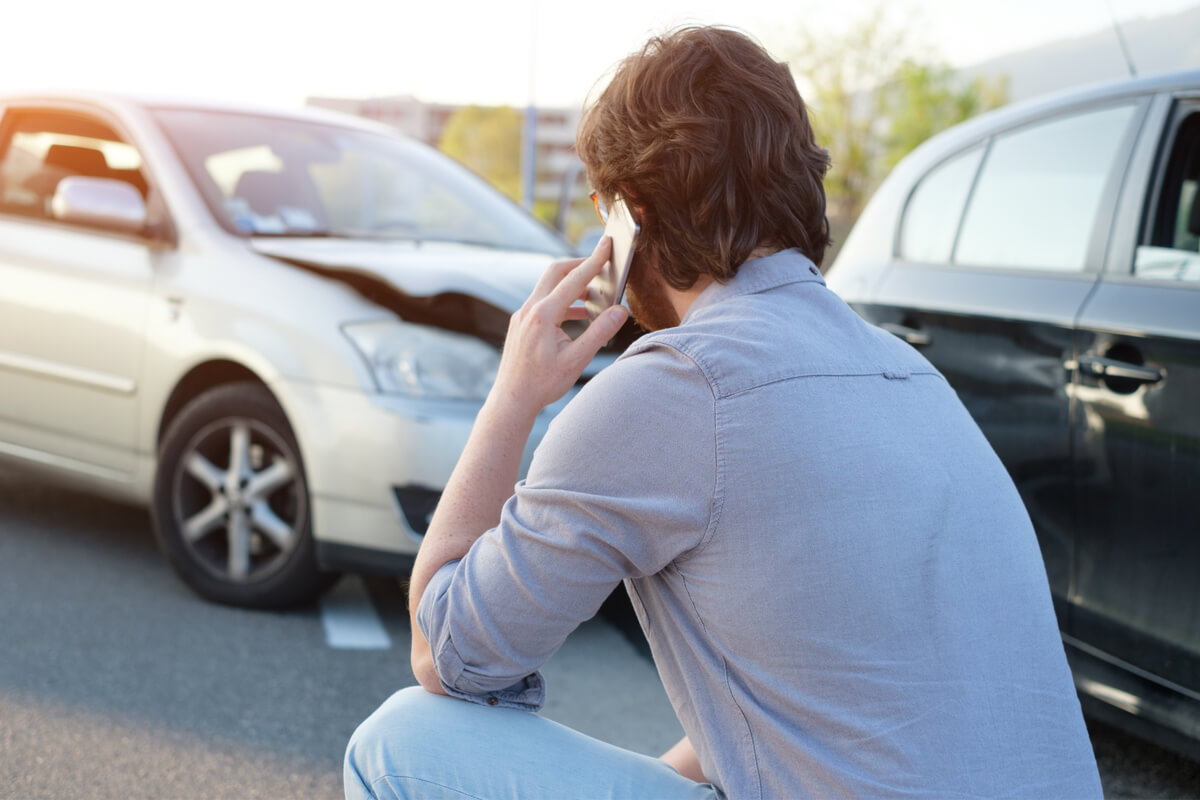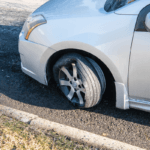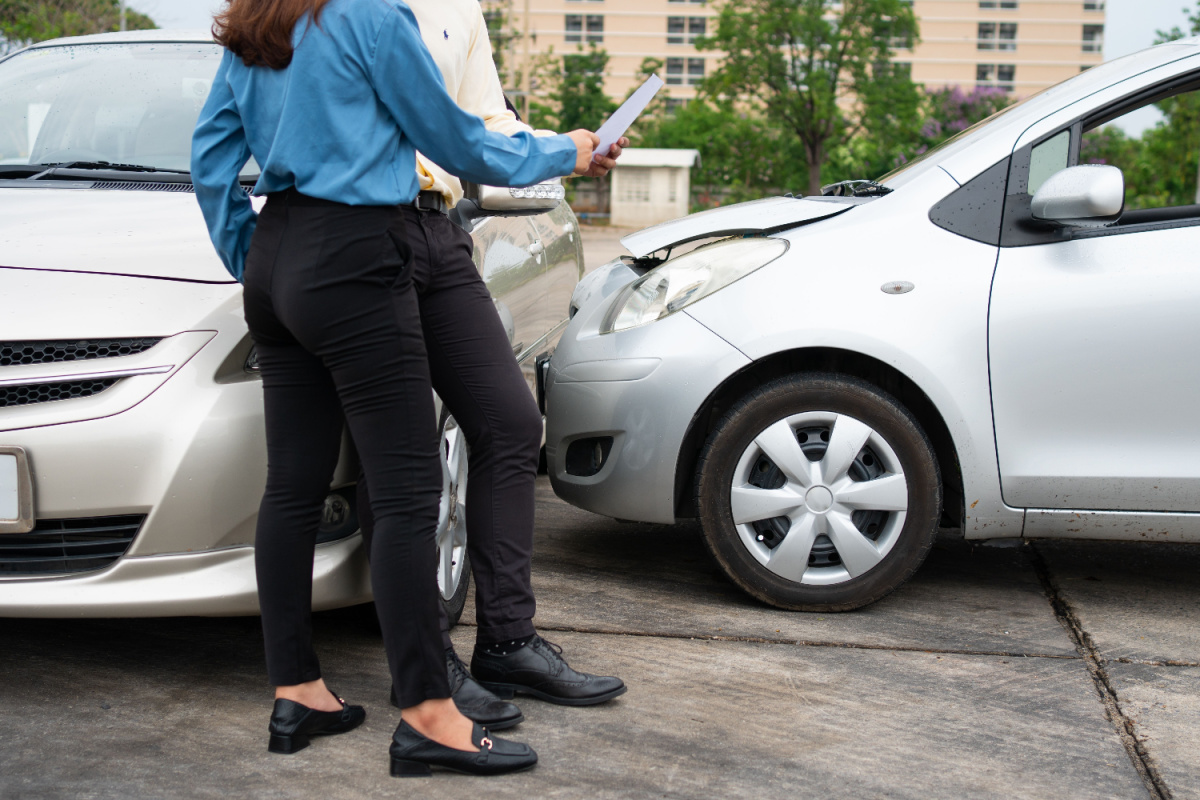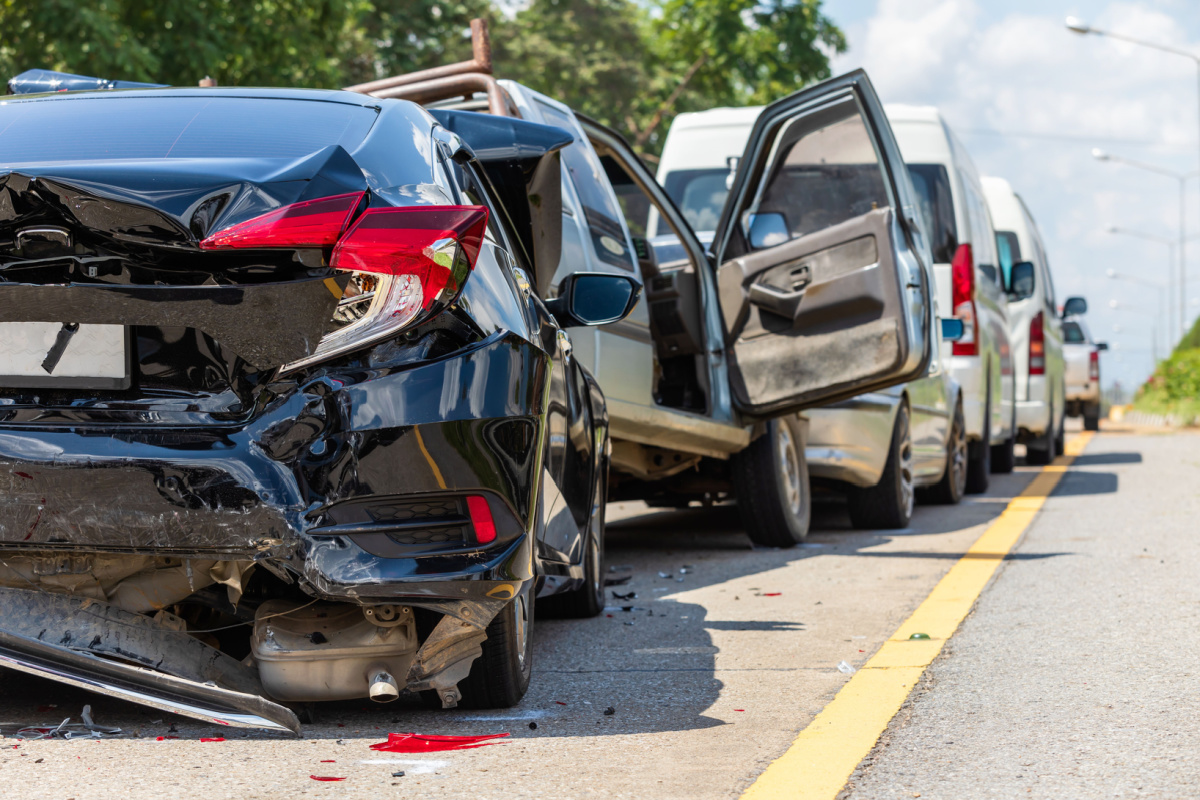
Traffic collisions are a significant disruption to all parties involved. Between medical bills, damaged property, and legal and financial headaches, it is not a pleasant experience. When two or more parties get into an accident, contacting each party’s respective car insurance company is always one of the first steps down this lengthy legal process. Yet, when the parties reach the end of the process, a question always arises, whose insurance will pay for the damages? Well, that answer depends on the circumstances of the accident.
Des Moines Car Accident Lawyer: Statistics and Insights on Multi-Car Accidents in Iowa
Although Iowa has seen the number of injuries and fatalities resulting from car collisions stagnate in the last few years, Iowa drivers experience accidents at an alarming rate. According to data compiled by the Iowa Department of Transportation, in 2020, the state of Iowa experienced:
- 343 fatalities resulting from car collisions.
- 15,246 injuries resulting from car collisions.
- 47,891 total car collisions.
Insurance Coverage Options for Multi-Car Accidents in Iowa
Like virtually all states, Iowa has laws requiring mandatory minimum coverage for particular accidents. According to the Iowa Insurance Division, these mandatory minimum coverage options include:
- $20,000 for bodily injury or death of one person involved in an accident.
- $40,000 for bodily injury or death of two or more persons in an accident.
- $15,000 for injury or property damage in an accident.
In many cases, drivers seek higher coverage thresholds, including comprehensive coverage, for themselves, other drivers, and their property. Those drivers who are ineligible for financial or legal coverage can visit the Iowa Automobile Insurance Plan for more information.
Leading Causes of Car Collisions in Iowa: How to Avoid Them
Car collisions can happen for many reasons, some due to driver error and others because of forces of nature beyond a driver’s control. Below are some of the most common culprits of Iowa car collisions.
Speeding
Iowa has some of the most interstate highways in the country, with speed limits reaching as high as 70 miles per hour (MPH). Because many drivers drive well above the posted speed limit, on any given street or highway, high-speed car collisions are common.
Driving while Distracted
More and more, drivers spend more time looking at a phone or screen than paying attention to what is in front of their vehicle. Some car manufacturers have installed large and distracting touchscreen monitors on the dashboard that can stream television, music, and other internet applications. Unfortunately, although these technological advances have wonderful applications for drivers, they can also cause significant harm on the road.
Falling Asleep at the Wheel
Our modern economy allows many workers to set various work hours instead of the traditional 9-5 work schedule. This includes long-haul truck drivers that work odd hours to make deliveries. Although the U.S. Department of Transportation sets strict regulations for truck drivers to work a set number of hours each day, this does not always prevent exhausted drivers from falling asleep and nodding off down a highway.
Driving while Intoxicated
Although state and federal governments have desperately tried to curb intoxicating driving, drivers still consume alcohol and other controlled substances before getting into a vehicle. Recent advancements in rideshare technology have marginally reduced driving under the influence (DUI)-related collisions, but they still occur frequently.
Road Rage
Sadly, road rage is a common reason for car collisions. Some drivers become upset and misuse their vehicles if a driver makes an abrupt lane change or is driving too fast or too slowly. Unfortunately, few safe drivers can do about this phenomenon other than maintain safe driving habits.
Establishing a Car Collision Case: What You Need to Know
If a person believes the other driver was at fault for the collision, the driver can file a claim in court to seek damages from the defendant driver. To do this, the plaintiff will have to engage an attorney to collect evidence, develop a legal strategy, prove legal claims, negotiate a settlement or bring the case to trial. Below are considerations to remember when embarking on this process.
Iowa’s Negligence Law
The basis of many car collisions falls under the theory of negligence, which has an established test for a plaintiff to prove liability:
- The defendant driver had a duty of care to other reasonable drivers on the road.
- The defendant driver breached that duty of care.
- The defendant driver’s breach of that duty was the actual and proximate cause of the collision.
- The plaintiff driver suffered monetary damages due to the defendant driver’s actions.
Pure Comparative Negligence
Understanding pure comparative negligence is essential in determining whose insurance company will likely pay for injuries after a car collision. Under a traditional theory of negligence, the driver at fault for the collision was responsible for 100% of the costs associated with the damages resulting from the collision. However, many states have moved away from this model in the last few decades.
Instead, Iowa follows a “pure comparative negligence” model where multiple parties, including the plaintiff, may be found at fault for an accident. Here, a plaintiff’s negligent acts may have been responsible for some accidents. For example, a plaintiff was hit by a driver speeding 30 MPH above the posted speed limit. However, while the defendant was committing a speeding violation, the driver that was hit was playing a videogame on an electronic tablet.
In this case, the speed driver was liable for 60% of $100,000 in damages, while the driver that was hit while using a tablet was liable for 40%. Thus, the plaintiff is only entitled to $60,000 in damages.
Dealing with Insurance Companies After a Multi-Car Accident: Why You Should Be Cautious
Once multiple cars are involved in a car collision, the parties usually trade information and allow the insurance companies to determine which party is at fault. As a result, insurance companies will find numerous reasons not to pay insurance claims, including disputing each party’s fault and prompting legal action.
Nonetheless, based on a comparative negligence analysis discussed above, the insurance company’s driver, who was most at fault for the accident, is likely to payout legal judgments. However, in some instances, insurance companies may reach settlements regarding the payment of damages. In those circumstances, each case may have a different outcome.
Why Do You Need To Consider Working with an Experienced Attorney?
A personal injury attorney can also help negotiate a claim and have a claimant’s back if it goes to court. The Des Moines and Cedar Falls’ personal injury attorneys at Mueller, Schmidt, Mulholland & Cooling can help. Contact us by calling 1-515-303-2328 or contact us online for a free consultation of your case.
If you’ve been involved in an accident involving Delta-8 THC, a substance with legal ambiguity, the attorneys at Mueller, Schmidt, Mulholland & Cooling are well-versed in the latest impact of Delta-8 accidents on Iowa law. Additionally, if you’re worried about how pre-existing conditions could affect your claim, the firm provides expert guidance on how previous injuries may influence your case. With the increasing trend in Iowa vehicle fatalities, understanding the significance of legal expertise following a serious accident becomes even more paramount. Moreover, navigating the complexities of post-accident medical care and its costs can be overwhelming, and the right legal team can provide clarity and support through this process.
Can’t find your problem listed here? You can check the other services offered by Des Moines car accident lawyers in the firm.
Still unsure about whether to seek help? You can see the results that the team delivers to better understand the process and see if they are the right fit for you.
Categories

Providing Unmatched EXPERIENCE On Your Case When you find yourself in a situation where you’ve been treated unfairly or you’re in the middle of a legal disagreement, it can be difficult to know what your rights are and how to proceed.







